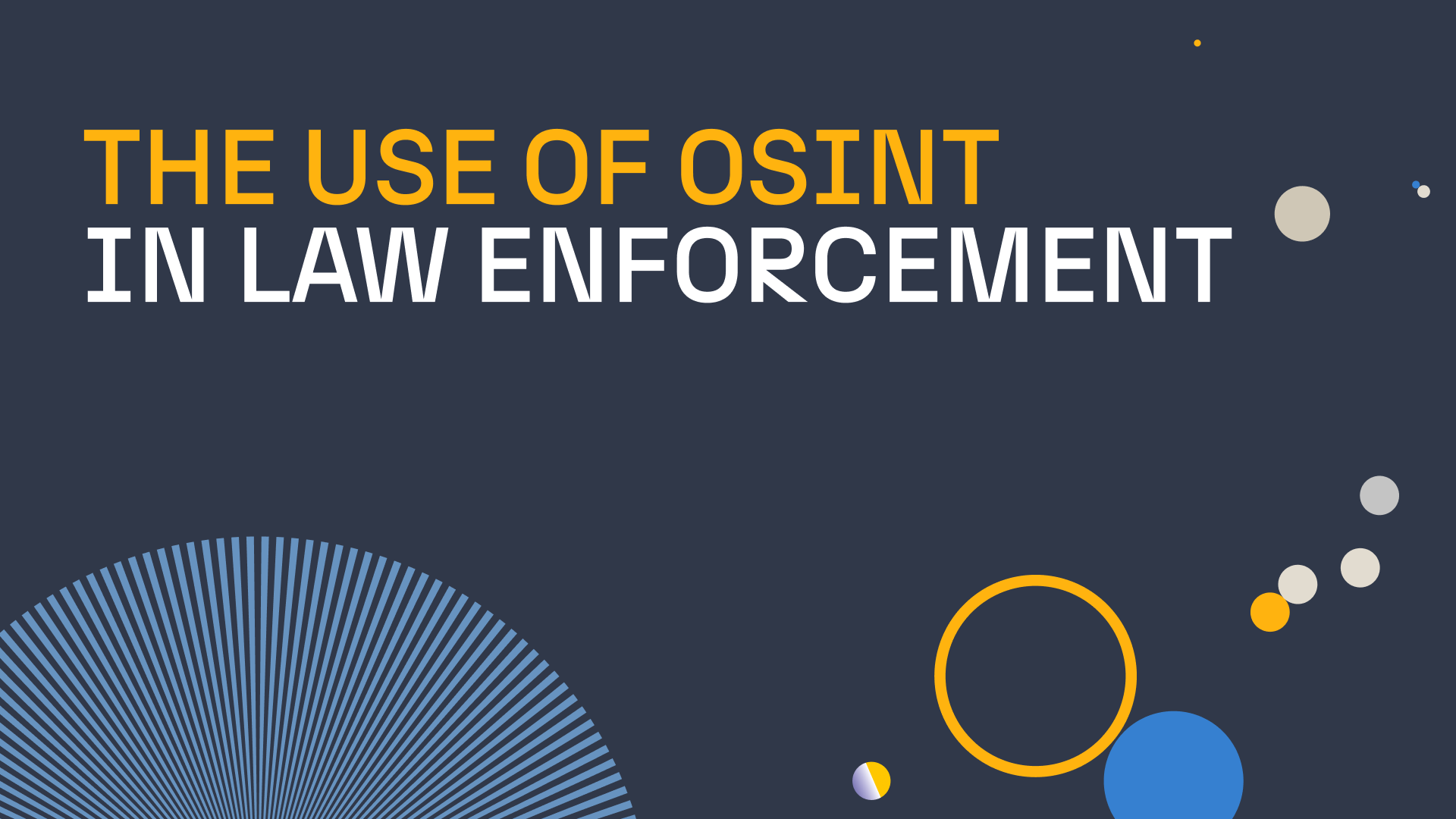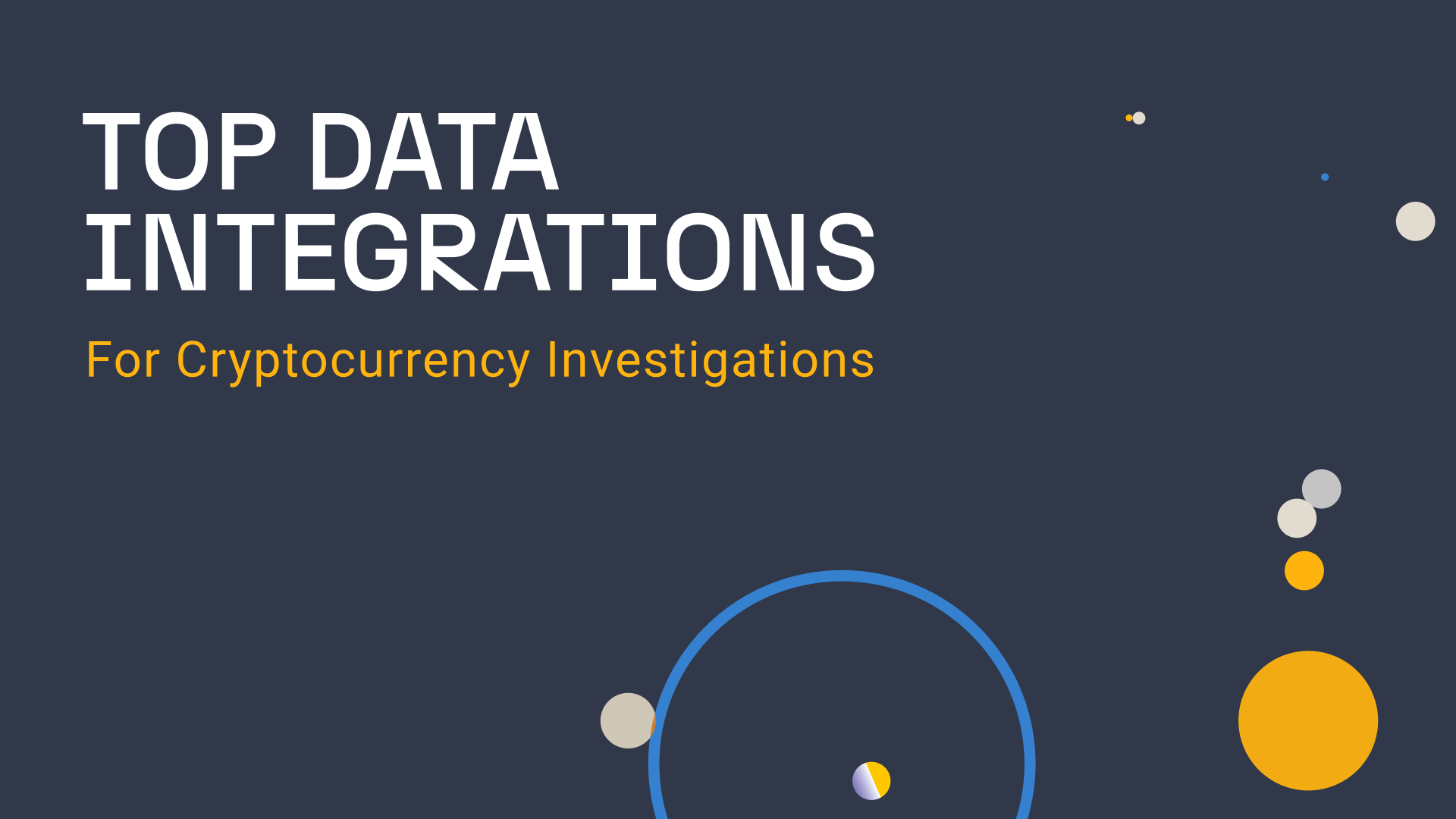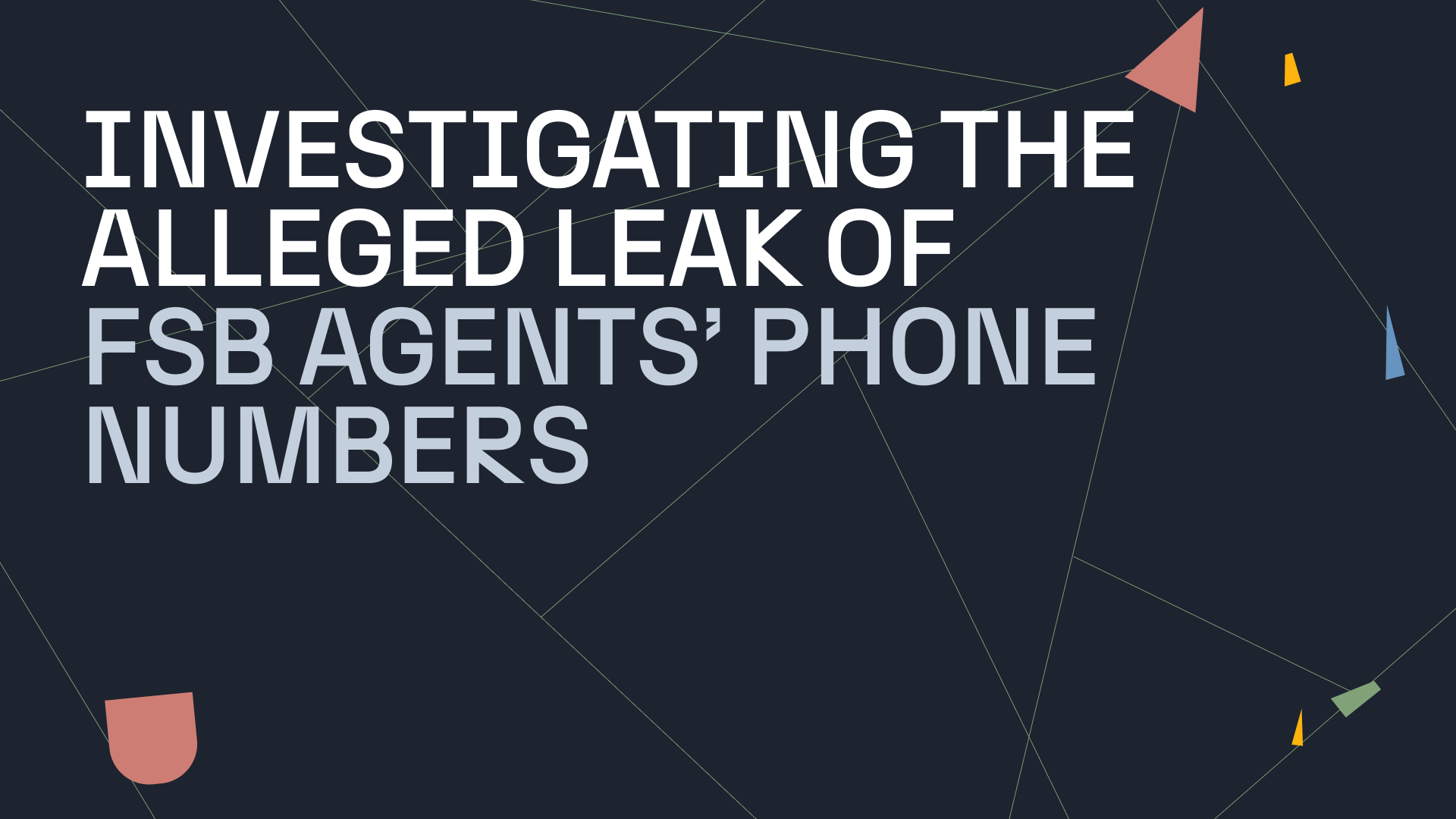Ever increasing digitalization has resulted in people living more and more of their lives online, and in the process, leaving digital footprints of their identity, activities, and social interactions across the internet. This paradigm shift has benefited both criminals and law enforcement; the former are continuously discovering new and innovative ways to commit crimes, while the latter have been able to tap into new intelligence resources that can help them with investigations.
One of the most important intelligence resources currently available to law enforcement is OSINT, or open source intelligence. Simply put, OSINT helps law enforcement agencies enhance their investigative capabilities and improve their response against criminal threats. But what is it, and why is there so much conflict around it when it comes to law enforcement?
What is OSINT? 🔗︎
OSINT had its inception within the military. It became widely accepted and used during the mid-90s. While OSINT collected from the internet is used across industries and has driven its popularization, there are more “traditional” sources of OSINT such as printed books, newspapers and journals, TV and radio broadcasts, photographs, and many more.
Even though ”open source intelligence” as a term has been in use for over three decades, to this day, there is no standardized definition. We define OSINT as intelligence produced from publicly available information that is collected, analyzed, and shared for the purpose of aiding a specific investigation.
Other definitions of OSINT by government institutions such as the UK Ministry of Defense (“intelligence derived from publicly available information that has limited public distribution or access”) and by NATO (“intelligence derived from publicly available information, as well as other unclassified information that has limited public distribution or access”) might better explain how open source intelligence is used in the context of law enforcement-related investigations.
Is the Use of OSINT by Governmental Organizations like Law Enforcement Agencies Legitimate? 🔗︎
The short answer is yes.
For many, open source intelligence became considered legitimate when NATO produced its OSINT handbook in 2001. More recently, this status was reinforced by a statement from the CIA in 2010 mentioning how “information does not have to be secret to be valuable” in reference to OSINT being “publicly available.” In 2011, the British Ministry of Defense also affirmed that OSINT is as respected and legitimate as other forms of intelligence when produced by trained analysts in a way that is unbiased and free of prejudice.
In this whitepaper, we will comb through the usage, misconceptions, guidelines, and best practices of OSINT in the law enforcement or public sector areas and answer these questions:
- What are the guidelines and regulations for law enforcement’s access to data?
- What is the value of OSINT as a source of intelligence?
- How can law enforcement benefit from using OSINT?
- What to keep in mind when using OSINT for investigations?
- How law enforcement can use technology to scale up OSINT investigations?
Download this whitepaper now to learn more about the use of OSINT in law enforcement and share it with your colleagues and teams!


 4.5 rating
4.5 rating







